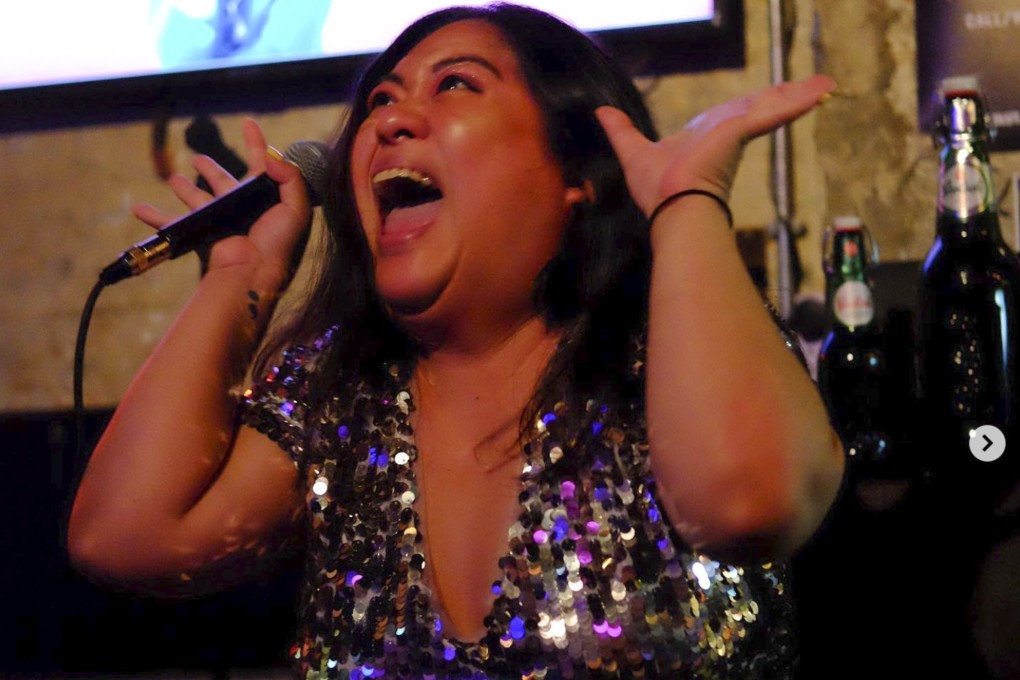Hong Kong’s female and nonbinary comedy group B*****s in Stitches on tackling gender and body issues with the power of laughter
- Francesca Ayala and Dannie Aildasani formed B*****s in Stitches to give women a much-needed voice in the male-dominated world of stand-up comedy
- Now they’re making audiences laugh with their takes on body positivity, gender bias and representation

In 2018, Francesca Ayala emerged from a seven-year relationship and into the unchartered waters of online dating.
“It was a strange time,” says Ayala, a US-born Filipino who has been in Hong Kong for the past 11 years. “There were no dating apps the last time I was single.”
After joining the popular dating app Tinder, Ayala started sharing stories about the Hong Kong dating scene with friends. “They were like, ‘You should be telling this to an audience.’” So she did.
While on the open-mic circuit she crossed paths with American expatriate Dannie Aildasani, the pair bonding over conversations about the lack of female voices in a male-dominated industry.
“I’d hear people say, ‘Oh, women just aren’t funny’ – like it’s inherent to our gender identity,” says Ayala. “Hong Kong is so diverse, a microcosm of the rest of the world, but even in ‘Asia’s world city’ there was this big gender gap in comedy.”
Determined to fill that gap, the duo formed B*****s in Stitches in 2021, a collective of female and non-binary comedians (it now has 15 members) with a mission to turn up the volume on topics such as body positivity, gender bias and representation.